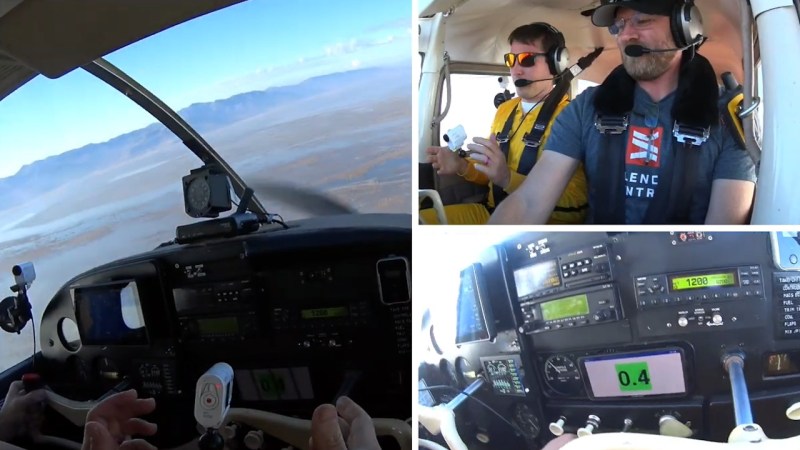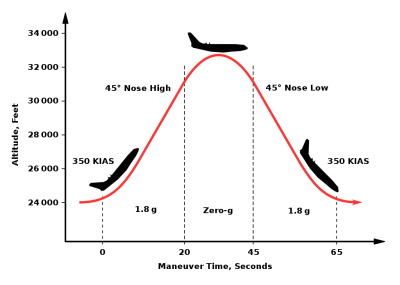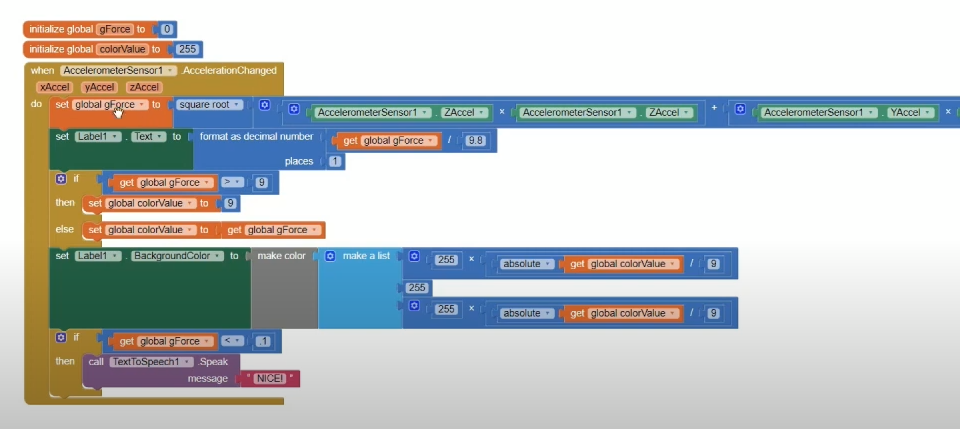
You’ve likely heard of the “vomit comet” — an rather graphic nickname for the aircraft used to provide short bursts of near-weightlessness by flying along a parabolic trajectory. They’re used to train astronauts, perform zero-g experiments, and famously let director Ron Howard create the realistic spaceflight scenes for Apollo 13. But you might be surprised to find that, outside of the padding that lines their interior for when the occupants inevitably bump into the walls or ceiling, they aren’t quite as specialized as you might think.
In fact, you can achieve a similar result in a small private aircraft — assuming you’ve got the proper touch on the controls. Which is why [Chaz] has been working on an Android app that assists pilots in finding that sweet spot.

With his software running, the pilot first puts the plane into a climb, and then noses over and attempts to keep the indicator on the phone’s display green for as long as possible. It’s not easy, but in the video after the break you can see they’re able to pull it off for long enough to get things floating around the cockpit.
As [Chaz] explains, the app is basically a G-force indicator with some UI features that are designed to help the pilot keep the plane in the proper attitude to provide the sensation of weightlessness. It takes the values from the phone’s accelerometers, does the appropriate math, and changes the color of the display as the computed G-force approaches 0.
If the pilot is able to bring it under 0.1, the phone will play an audio cue. Though the fact that any loose objects that were in the cockpit will be floating around should also provide a pretty good indicator around this point.
It doesn’t look like [Chaz] is ready to release the application yet, but since it was created with MIT’s App Inventor, the walk-through he provides along with the screenshots from the editor should technically be enough to create it should you free so inclined — no pun intended.
Developing An App For Reduced-Gravity Flying
Source: Manila Flash Report

0 Comments